Coronavirus: Sad side-effect is our meek acceptance of Premiers’ power grab


Cafés and restaurants on Carlton’s Lygon Street are chockers, families amble through the botanical gardens, crowds flock to St Kilda beach, and in the city’s south-east region marauding gangs will once again commit home invasions and carjackings.

Normality will not be restored overnight, however. Paradoxically, the absence of circling police drones will keep many awake who are accustomed to hearing their sound. Likewise, it will be a disconcerting experience for motorists to drive without stopping at checkpoints to produce papers. People will chat with their neighbours over the fence as opposed to reporting them to the authorities. East Germany made the transition, and surely Victoria can. Assuming of course there is no third wave.
Artists, musicians, and poets are probably writing peans for the Andrews government. You can expect soon to hear actor Magda Szubanski will be narrating the upcoming production “Dan, the Musical” in honour of the Victorian Premier.
The official Victorian version of the state’s recovery will make for amusing reading.
Yesterday Health Minister Martin Foley claimed the state’s contact tracing system had withstood the “stress test of the real world”; while Chief Health Officer Brett Sutton maintained it was the best in the country. Spare us. This is the same department which only two months ago was using spreadsheets, pen, paper, and fax machines for contact tracing.
It would be premature to talk of Australia having beaten COVID-19, but not so to talk about the virus’ legacy. Sadly, it is a depressing one overall. To begin with, it has shown how ill-suited a federation is to deal with the crisis. Unlike New Zealand Prime Minister Jacinda Ardern, who presides over a unitary system of government, the preferred approach of Prime Minister Scott Morrison and his cabinet largely meant naught when it came to the issue of a co-ordinated response.
Even calling our country a federation is a stretch. We are at best a confederation. Apart from NSW, the states have become fiefdoms. Almost overnight, being an Australian meant nothing if you attempted to cross a state border. South Australia, for example, at one stage was denying entry to Victorians in border towns who needed lifesaving medical treatment in Adelaide, while at the same time making plans to fly in 800 foreign students to its three universities.
Tasmanian Premier Peter Gutwein even ordered all non-Tasmanians to leave the island in March, declaring “I make no apologies for working hard to keep Tasmanians safe”.
Presumably he does not plan to expel GST allocation, which makes up 40 per cent of the state’s revenue.
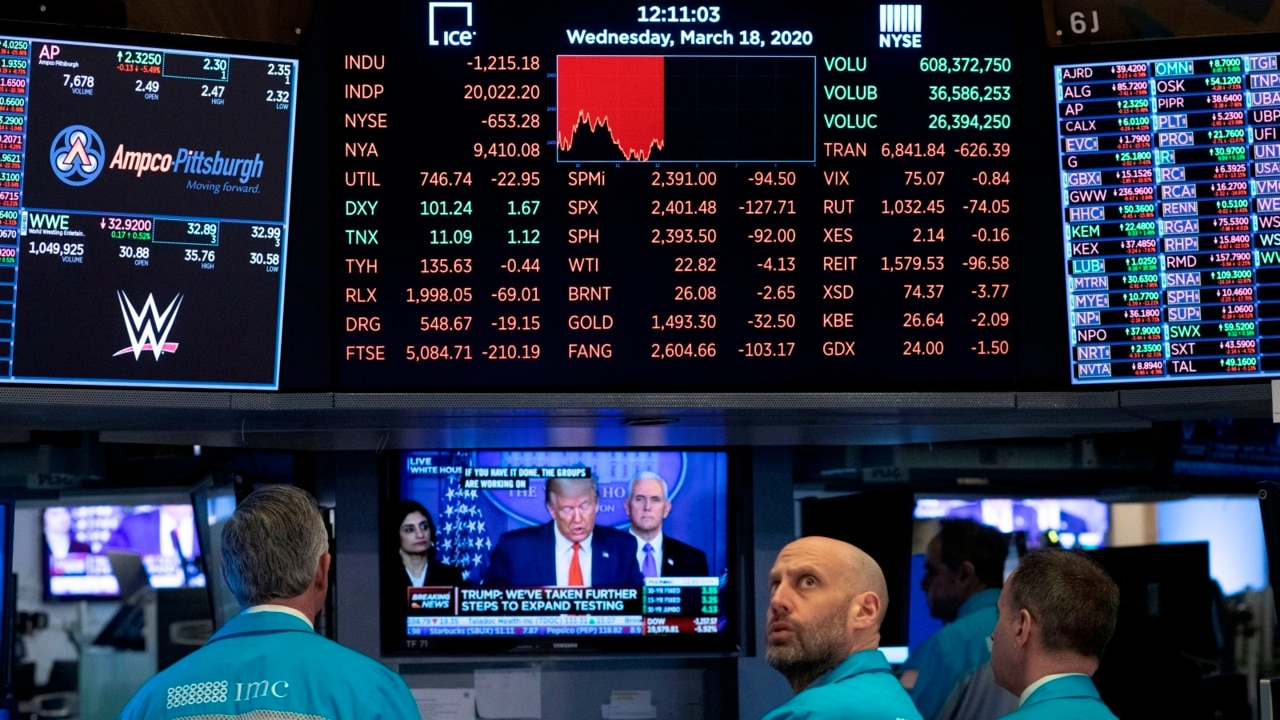
A panicked response that leads to an arbitrary closure is one thing. But premiers playing to populist sentiment in closing their borders is another, as demonstrated by Queensland Premier Annastacia Palaszczuk in her re-election campaign. As someone with a reputation as a vacillator and a mere figurehead, she seized on the virus to portray herself as a resolute leader. In doing so she shut out far north NSW residents, many of whom are dependent on Queensland hospitals for treatment.
In his maiden speech to Western Australia’s Parliament in 1996, a young Mark McGowan made much of his background as an officer in the Royal Australian Navy, a role in which presumably he put aside provincial yearnings. “It was Labor that successfully led this nation through the darkest days of both World Wars,” he said, lauding in particular the leadership of Prime Minister John Curtin.

As leaders, both Curtin and McGowan shared a couple of traits. Both were elected by the citizens of WA, but neither was born or raised in that state. That is where the similarity ends. Curtin was a principled man who unified the country under his leadership. Conversely, McGowan has opportunistically used the greatest threat to Australia since World War II to pick a fight with the rest of the country, having closed WA’s borders since March, even to residents from states and territories that have long recorded no cases of community transmission of the virus.
McGowan has insisted he is acting on health advice. But being a parochial braggart, he gave himself away earlier this month with his audacious declaration that opening WA to South Australia and the Northern Territory would bring no economic benefit. “All we would do is
lose jobs, were we to open to those states,” he said. “They’re only saying all this for very self-interested reasons because we have higher incomes and people who are more used to travelling and therefore we will have more tourists from West Australians go to the east.”
As they say, if you wish to ascertain a man’s character, give him power.
Every Australian has a constitutional right to cross state borders, but that means little if the federal government does not act against those who would infringe it.
By and large, the Morrison government has only made token efforts to defend this right, instead relying on a proxy, that being mining billionaire Clive Palmer, who has initiated proceedings in the High
Court against the WA Government. According to Attorney-General Christian Porter, the Commonwealth simply wanted to realise “moderate middle ground” when it intervened when the matter was before the Federal Court, but he later withdrew from proceedings. It was both pusillanimous and disheartening. As such, any subsequent protest by Morrison against state closures merely emphasises his government’s impotence.
But only a fool would leave it to governments to protect civil rights, and this is an area where Australians have let themselves down badly. This virus has proved the anti-authoritarian element no longer exists in the Australian psyche. We have largely accepted questionable restrictions on our liberty but have condemned journalists who have insisted leaders account for these decisions. As evident in polling regarding support for border closures, premiers such as McGowan and Palaszczuk have delighted in our malleability.
And it is not just the politicians who increasingly exercise control over our lives. Thanks to the creeping effect we largely accept that officials in the form of anti-discrimination tribunes and human rights commissioners will regulate our behaviour. Now the virus has accelerated the rise of the bureaucratic class. Who could forget Queensland’s chief health officer Jeannette Young, who, having blocked interstate relatives from attending funerals, decided to admit Hollywood actor Tom Hanks because “entertainment and film bring a lot of money into this state”. Excuse me?

That is not to say that everything that follows this virus is bad. For example, it is refreshing to see people have little time for the climate change evangelists and rent-seekers. Yes, I am talking to you, Zali Steggall, the federal MP and self-proclaimed “climate leader” who is desperately seeking relevance. And for us OCD types, it is joyful to see the proliferation of automatic soap dispensers.
But perhaps the most evident legacy is the burgeoning government debt, which is expected to rise to $1.5 trillion by the end of the decade. We simply cannot continue this taxpayer-funded largesse. Instead we need innovative ideas to instigate an economic recovery.
On that note, it is vital when deciding that issue to utilise those parts of industry that have been dormant because of the virus. My big idea is to lobby Parliament to allow the deportations of non-citizens in cases when the person commits an offence that results in six months or more imprisonment (currently the minimum is 12 months).
This could be the answer to Qantas and Virgin’s recovery. Just think: we would need to commission an entire fleet of planes for the trans-Tasman route alone. I am not sure what is the most attractive proposition: the recovery of our airline industry or the thought of Jacinda losing it. What is your big idea?

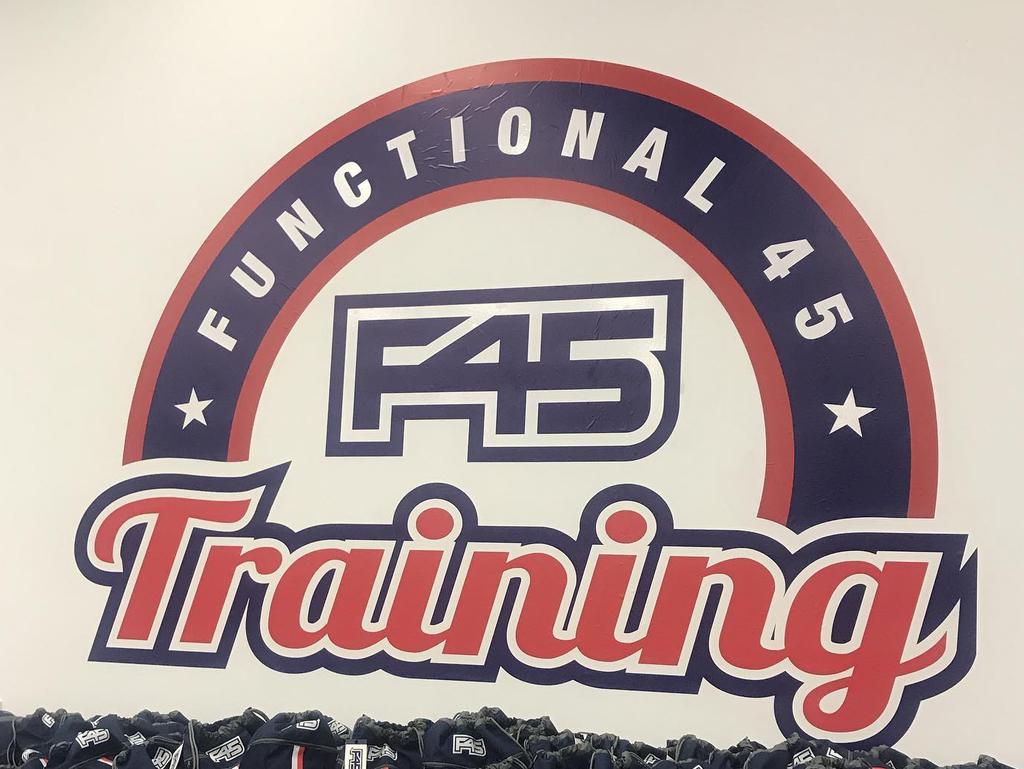
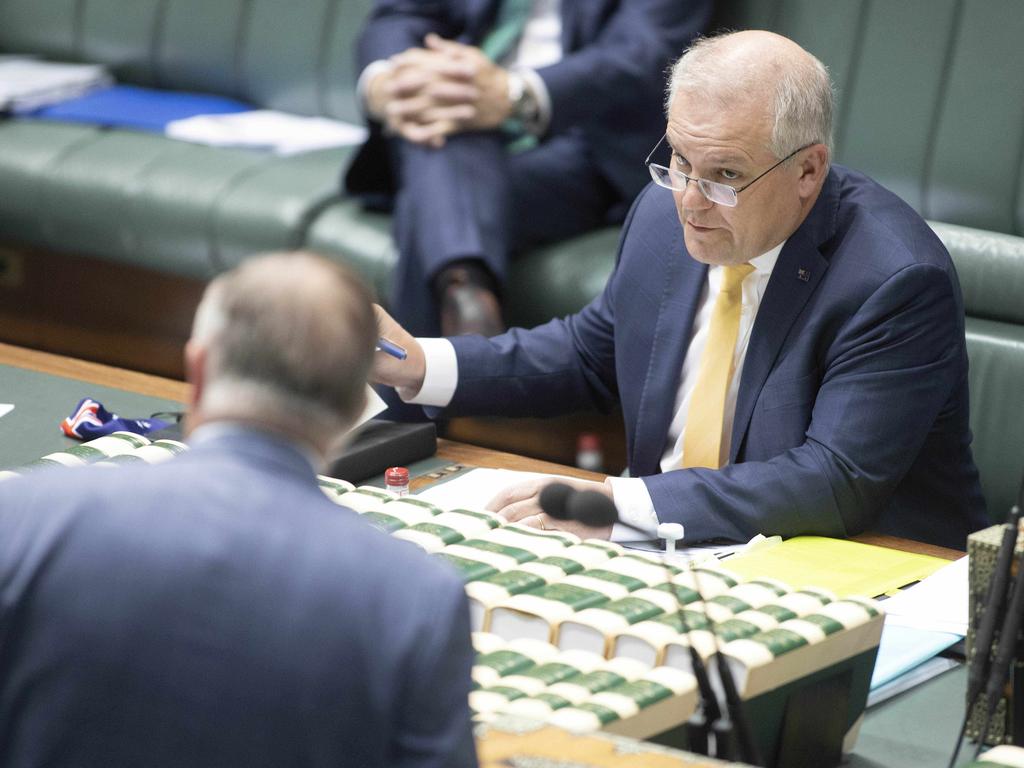
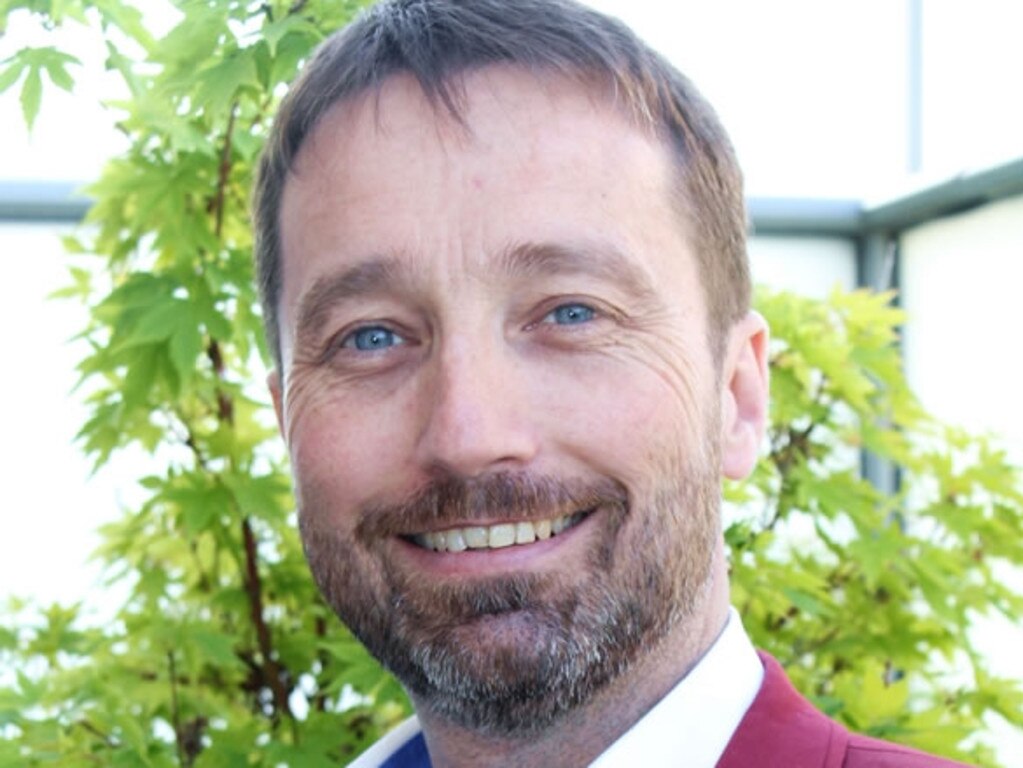
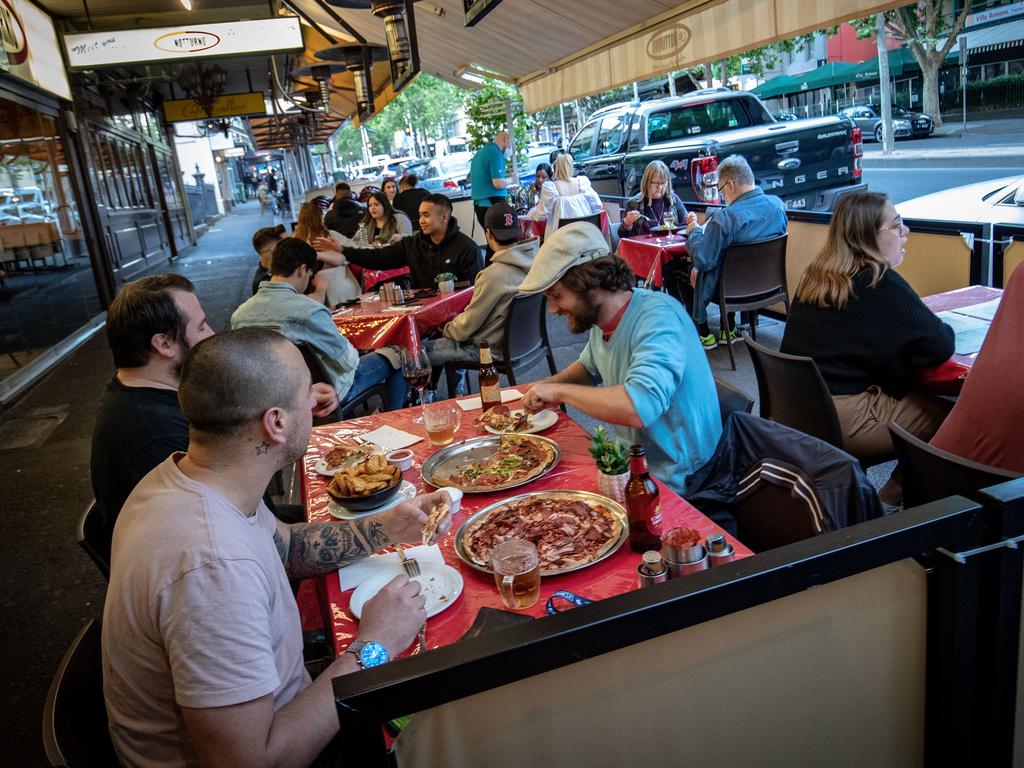


And so the recovery begins. Lily-white Victorians are emerging from their homes, their forearms shielding themselves from the sun as they take tentative steps. Young children are discovering there is another world outside their five kilometres radius.